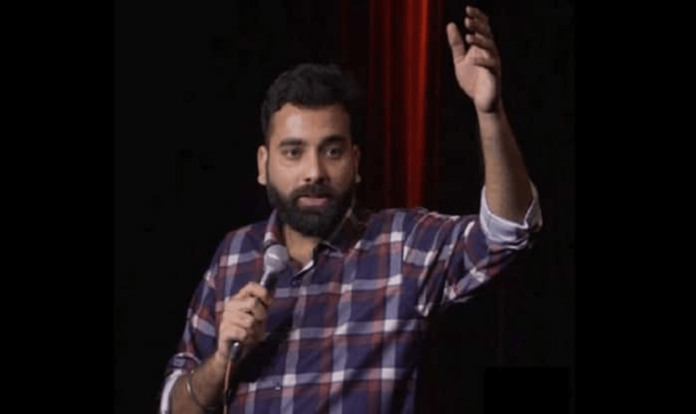In a recent ruling, the Supreme Court of India rejected a petition that called for action to be taken against stand-up comedian Anubhav Singh Bassi, alleging that he humiliated lawyers during his comedy show ‘Bas Kar Bassi.’ The bench, comprising justices Sanjay Kishan Kaul and Sudhanshu Dhulia, made it clear that they were not inclined to entertain the petition targeting a comedy show. The petitioner, advocate Farhat Warsi, appeared in person and argued that Bassi had insulted the entire advocate community through his show.
However, the bench responded dismissively, stating that they did not find the petition substantial enough and urged Warsi to come up with a stronger case. The judges further emphasized that it was unnecessary for Warsi to defend the entire lawyer community and suggested that lawyers should take care of themselves. The court’s order, officially recorded, stated that the writ petition lacked merit and subsequently dismissed it. The petitioner had relied on a YouTube video of ‘Bas Kar Bassi’ in which Bassi shared anecdotes from his early years as a law graduate and a young lawyer.
The petition claimed that Bassi portrayed the lawyer community in a negative light and requested the Supreme Court to acknowledge the alleged humiliation. This decision by the Supreme Court has raised debates regarding the balance between freedom of expression and the protection of professional reputations. Some argue that stand-up comedians should be allowed to express their views and critique various professions, including law, as a part of their art form. On the other hand, there are concerns about the impact such performances may have on public perception and the potential harm caused to the reputation of specific professional communities.
While the dismissal of this particular petition does not set a binding legal precedent, it highlights the court’s reluctance to intervene in matters related to comedy shows. The Supreme Court’s stance in this case reinforces the importance of allowing comedians the space for creative expression without unwarranted legal repercussions. It also signifies the court’s trust in the ability of individuals to address any grievances they may have through other appropriate channels, rather than relying solely on the judiciary to resolve matters stemming from artistic expression.


